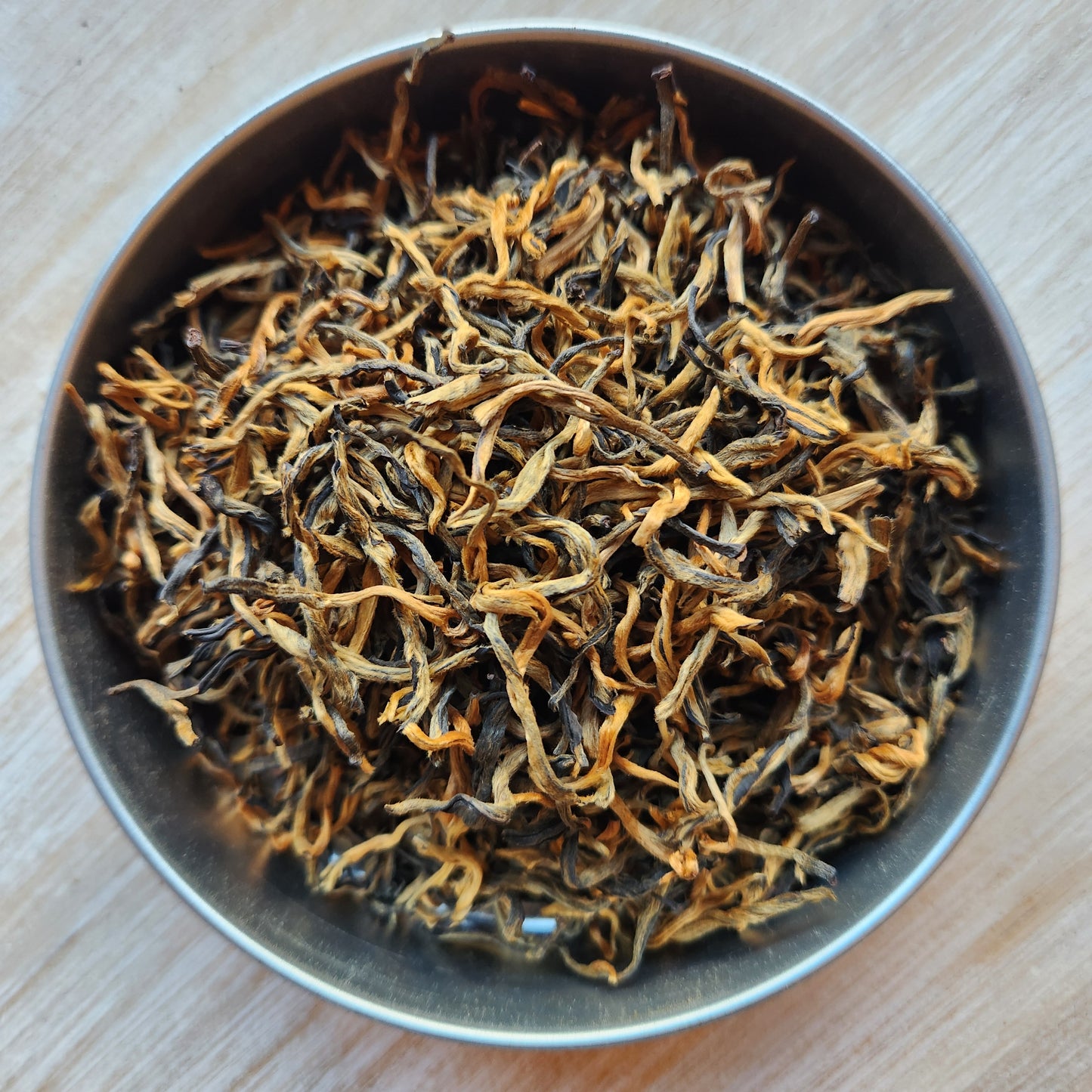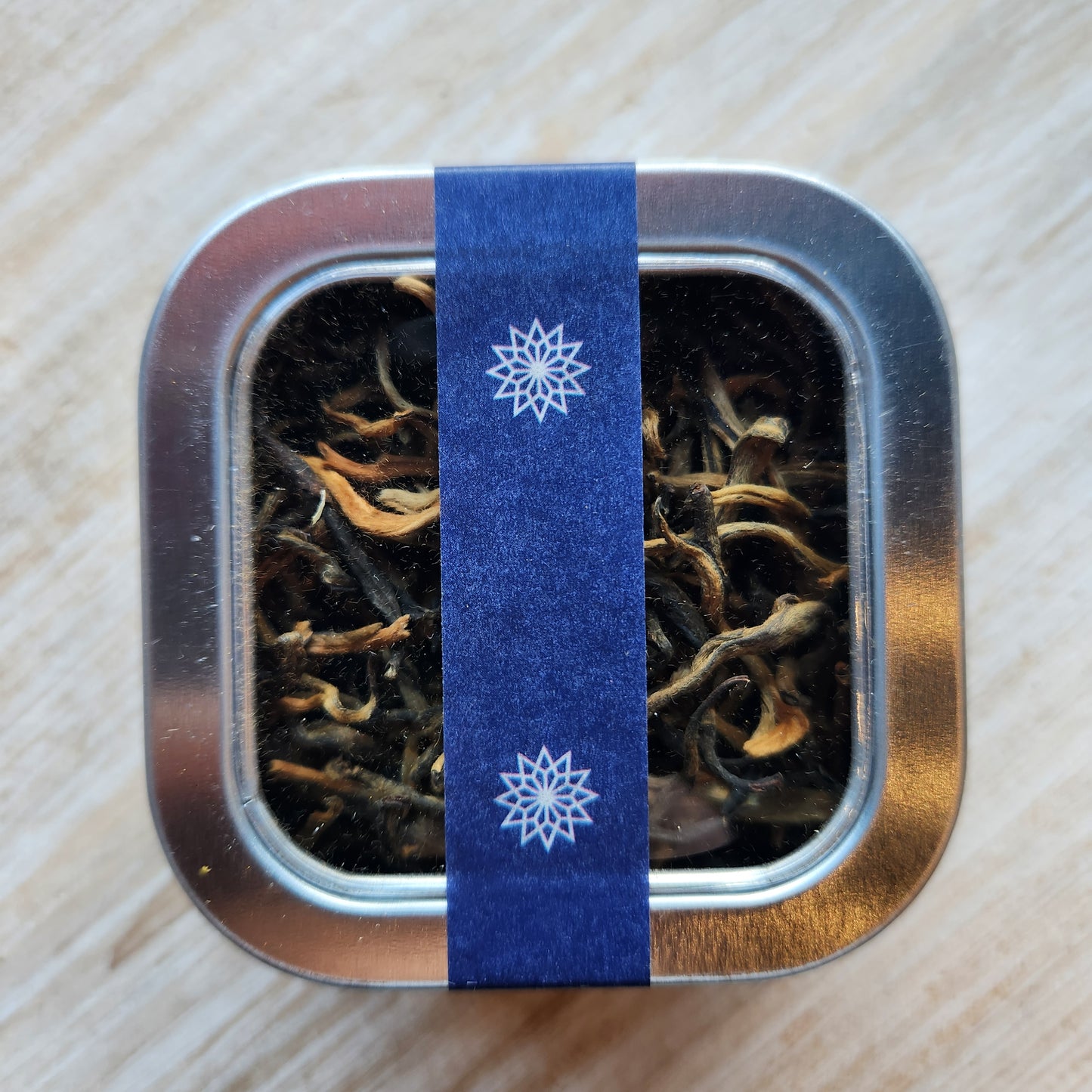

Water Temperature Guide
For many of our teas, you will see a range of temperatures in the brewing instructions. This is the optimal heat for each particular tea leaves. At too high a temperature, the tea will over extract and can be bitter. At too low a temperature and too short a time, the tea will be weak.
If you do not have a kettle where you can set the temperature or if you don't want to drag out a thermometer every time to make tea, use this guide to know when your water is at the right temperature.
Bubbles start to form at 160° to 170°F, which is ideal for white teas.
Steam rising at 170° to 180°F is great for green teas.
Large bubbles start gently breaking the surface at 180° to 200°F which works well for both oolongs and black teas.
Bubbles start rising quicker, creating a stream of bubbles around the edges at 190° to 200°F, perfect for black teas.
A full, roiling boil happens above 200°F, around 212°F, which is when you can steep Pu'ers and Herbal tisanes.
An alternate way of brewing is to use long infusions or cold brewing. In this instance, you use the same recommended ratio of tea to water but simply use room temperature water. Let the tea steep overnight or at least for 8 hours in the refrigerator. The tea will brew strongly because it is given enough time for the leaves to fully infuse the water. There is less of a chance of over extracting or bitterness, and the resulting tea has a strong, smooth flavor.


